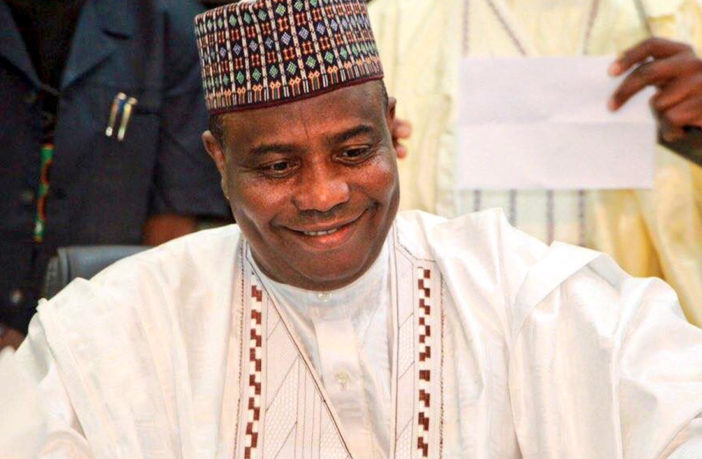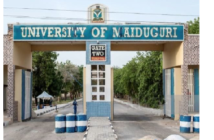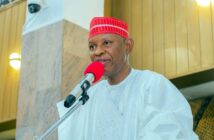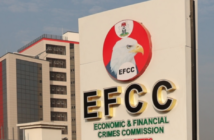A coalition of NGOs, community groups in Sokoto State have appealed to Gov. Aminu Tambuwal to implement Open Government Partnership (OGP) and Effective Water, Sanitation and Hygiene (E-WASH) policies in the state.
Leader of the groups and State Team Leader of OGP, Dr Awwal Ahmed, made the call at a news conference on Wednesday in Sokoto.
Group’s representatives are Mr Bala Hamisu from Nagarta Community Health and Gender Education Change Initiative, Mr Muhammad Garba, Save the Child Initiative, Abdulrahman Abdulsalam of Hikima Community Mobilisation and Development Initiative.
Ahmed said some states had implemented OGP and it made impacts on people’s lives, while others were making proactive efforts to align the documents to suit their cultural and religious practices.
“In his wisdom, Tambuwal have engaged many international and national developmental partners in the areas of health, education, water and sanitation, economic empowerment of girls and women, abused amongst others.
“These development partners work toward fulfilling their mandates which is in line with Sustainable Development Goals (SDGs).
“Signing the relevant Memorandum of Understandings (MoUs), policy documents and laws will drive necessary reforms and ensure improved service delivery,’’ Ahmed said.
He said that E-WASH project personnel had already left Sokoto working in other states, stressing that only Tambuwal could mobilise them back when he signed the documents.
According to him, Sokoto state has a window to benefit with the programme by signing the documents till March 22.
He said that people had begun to see good results on township water supply and public hygiene in E-WASH project in Sokoto and its environs.
He said that part of the success are E-WASH facilitate draft of State E-WASH policy document, formation of strong community structures including women and youths, traditional leaders and community of practice.
Ahmed said E-WASH clubs were established in primary and secondary schools and had built the capacity of Sokoto State Water Board workers.
He said that E-WASH project conducted research on effective measures to ensure water supply all year round and significant improvement was recorded on water supply, management and hygiene in the state.
He said adequate contacts and plans were ensured to bridge any communication gap between all actors, however, government did not sign the documents.
Ahmed said senior government officials, community leaders and project personnel’s had agreed on the draft policy which was not in conflict with religion or cultural norms in the state.
The group leader said that E-WASH project was not in Sokoto to commercialise water board rather to make it a corporate entity with full autonomy of operations that would allow collection of reasonable amount for effective services as obtained in the other areas.
The Chairperson, Women Water User Group, Hajia Habiba Muhammad explained that women were most affected with water scarcity and associated hardships in the community.
Muhammad said some girls were being raped when on errand to fetch water; this occurred on streets and in the houses of wealthy individuals that own boreholes, adding that E-WASH project had begun to ease water scarcity associated challenges.




